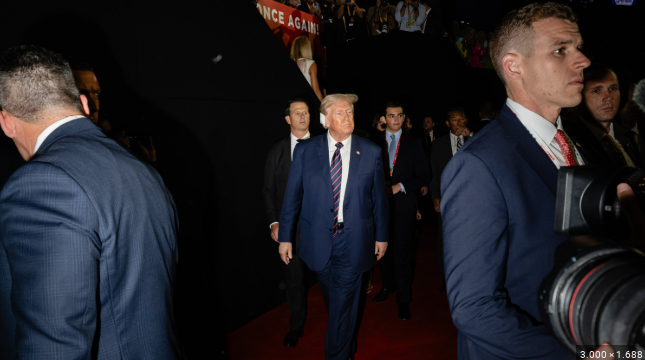Global Reactions Vary to the Possibility of Trump’s Return to the White House
As the world watches the Republican National Convention, the prospect of Donald Trump returning to the White House raises concerns and excitement among world leaders. With Trump’s foreign policy expected to embrace populist and isolationist tendencies, nations are strategizing for possible shifts in global relations.
In countries such as Argentina, Saudi Arabia, and Hungary, leaders may welcome Trump’s return, anticipating a tougher stance on China and stronger alliances with authoritarian figures like Hungary’s Viktor Orban. Conversely, leaders in the UK, South Korea, and Germany are more apprehensive about Trump’s unpredictability and approach to traditional alliances.
Some governments, such as South Korea and Mexico, are already preparing for potential challenges, like increased military cost-sharing demands and the protection of undocumented immigrants in the U.S. Ukraine is cautiously navigating its support for Trump, while Israel’s Prime Minister Netanyahu is likely to find favor with a return to Trump’s presidency, especially in terms of Middle Eastern diplomacy.
Trump’s unpredictable nature has caused both concern and hope, with foreign officials unsure if his public threats will materialize. Russian President Vladimir Putin expressed a preference for Biden, citing his predictability, but some analysts suspect Putin’s comments are strategically aimed at hurting Trump’s potential voters. Meanwhile, Trump’s vice-presidential pick, J.D. Vance, aligns with Trump’s foreign policy and has been vocal about limiting “free rides” for U.S. allies while maintaining a tough stance on China.
In the end, Trump’s foreign policy could mirror his first term, characterized by friction with Beijing, as well as uncertainties in U.S. relations with NATO and traditional allies.


